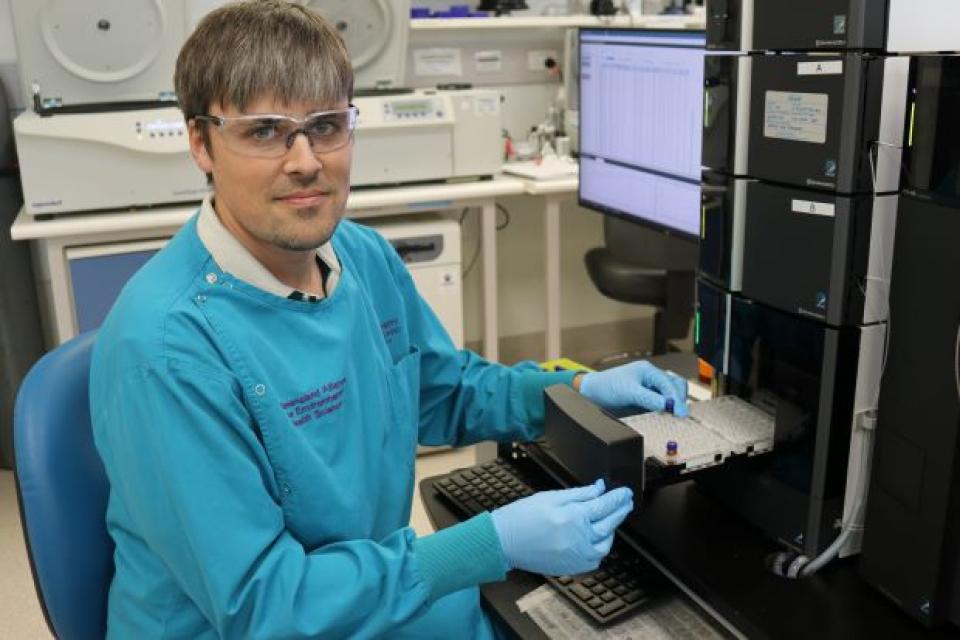Wastewater samples reveal new psychoactive drugs

More than a dozen new psychoactive drugs have been detected in 16 countries by an international wastewater surveillance program.
The University of Queensland-led team analysed samples in 47 cities in Europe, the United States, Canada, New Zealand, Australia, China, Brazil and the Republic of Korea over three consecutive new year periods.
Dr Richard Bade from UQ’s Queensland Alliance for Environmental Health Sciences said 18 new psychoactive substances were detected.
“In Australia we found seven new psychoactive substances including mephedrone, ethylone and eutylone, which all have a similar effect to MDMA or cocaine,” Dr Bade said.
“We also found an increase in similar drugs in Europe, where there were high levels of 3-methylmethcathinone, particularly in Spain and Slovenia.”
The new psychoactive substances are drugs designed to mimic the effects of established illicit drugs, while evading legal restrictions.
“These substances are synthesised to replace banned substances, which means they have a slightly different molecular structure to stay ahead of the law,” Dr Bade said.
“They are generally manufactured in smaller quantities than traditional illicit drugs, making it difficult for law enforcement to control the circulation.”
Wastewater samples were collected from international sites between 2019 and 2022 and processed before being transferred to the labs in Australia for analysis.

Dr Bade said the 2020 new year period saw a decrease in the use of psychoactive substances due to the Coronavirus pandemic.
“Harsh lockdowns and restrictions across the world meant people weren’t participating in traditional new year festivities, and this was reflected in our results.”
Dr Bade said a global campaign was needed to combat the use of psychoactive substances.
“It is imperative to monitor the use of these drugs given our limited knowledge of their specific effects, how they interact with other drugs, and the harm they cause when consumed,” Dr Bade said.
“International wastewater surveillance can allow us to identify what new psychoactive substances are being used globally and how these trends spread across continents.
“Adopting an annual wastewater analysis approach for the surveillance of these compounds is a cost effective and ethical way for organisations to see what is trending and where educational messaging would make an impact.”
The full research is published in Water Research X.
Image: Dr Richard Bade analysing wastewater samples in QAEHS lab.
Media: UQ Communications, Kirsten O’Leary habs.media@uq.edu.au, +61 412307594 @UQHealth
Topics
Related articles

Australia needs doctors – so why are hundreds of qualified international physicians unable to work?

Greater attention needed on community service workforce
Media contact
UQ Communications
communications@uq.edu.au
+61 429 056 139
